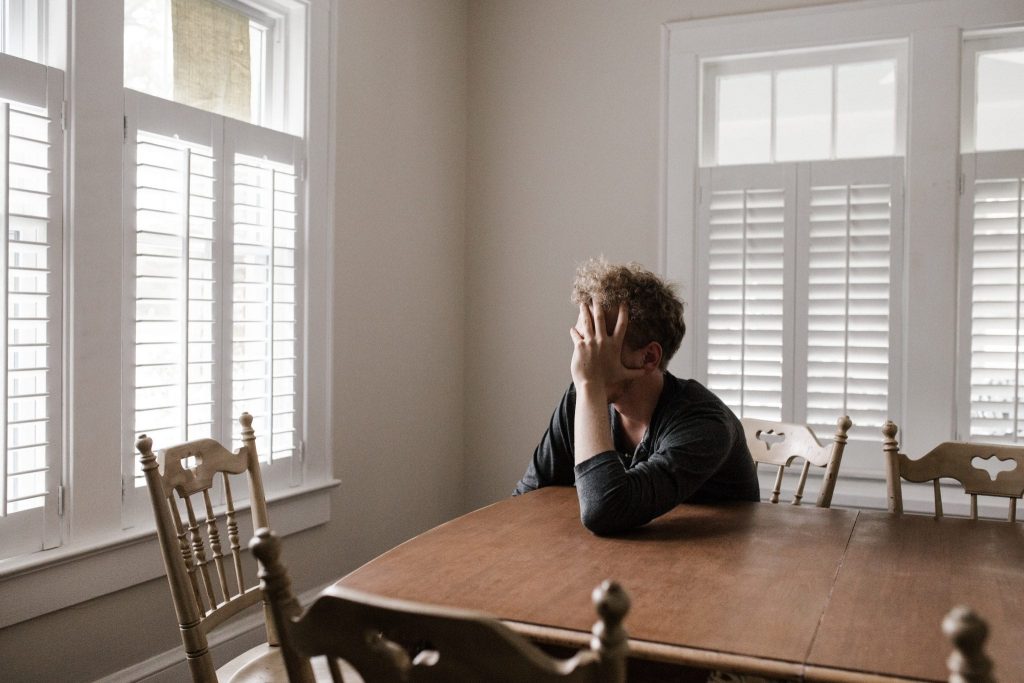
If you are under 40 years old, you do not have chronic diseases, your blood pressure and glucose level do not exceed the norm, most likely, even if you get coronavirus, you will not suffer much. As you know, at risk are people over 60 years old, as well as those who suffer from diabetes, hypertension, diseases of the cardiovascular system, and other chronic diseases. However, experts warn that there is another group of people who are especially vulnerable during a pandemic – these are people who have mental health problems.
How are coronavirus and depression related?
Depression, anxiety disorder, chronic stress, not to mention the more serious disorders – all this makes us especially vulnerable to the virus and its consequences. It is known that anxiety disorders and depression adversely affect the state of our immunity. People living permanently with a depressive or anxiety disorder have weaker immunity and this makes them more vulnerable to coronavirus, as well as to its most dangerous complication – pneumonia. For this reason, doctors recommend that those who are diagnosed with mental disorders, as well as their relatives, pay special attention to preventive measures, if necessary, go into self-isolation mode, and also be sure to control the time spent on social networks and watching the news.
Stress and anxiety
Another danger that people with unstable and vulnerable psyche are exposed to during a coronavirus pandemic is increased stress and anxiety. The World Health Organization (WHO) has already recognized that a pandemic causes an increased level of anxiety in the population. Even people with a stable psyche may experience increased anxiety, sadness, and a feeling of helplessness, especially if they devote a lot of time to watching the news or reading a news feed on social networks. All this contributes to a state of stress, even if you sat in a completely calm state while watching an evening newspaper.
As for people who have a diagnosed mental health disorder, an increased level of stress can exacerbate the symptoms of the disease. Anxiety, a feeling of helplessness, powerlessness and hopelessness, panic attacks, increased symptoms of compulsive behavior, eating disorders – all these symptoms can worsen under the influence of stress.
So, people living with mild forms of OCD during a pandemic report that their need to wash their hands as often and thoroughly as possible and clean up the living room increases many times – along with the feeling of anxiety that always accompanies this condition. As a result, obsessive rituals do not help to reduce anxiety and a panic attack can occur.
Dangerous Quarantine
Another danger that people with mental health problems are associated with coronavirus is the need for self-isolation and quarantine.
A study published in The Lancet magazine showed that quarantine or self-isolation can have a negative effect on mental health and increase stress levels.
Doctors recommend limiting the information load if possible (for example, setting a schedule for viewing news and in no case breaking it), be sure to practice breathing exercises, meditations, and other relaxation practices, and if possible, do not support conversations about coronavirus and even preventive measures with loved ones whose mental health is impaired.
Picture Credit: Pexels
